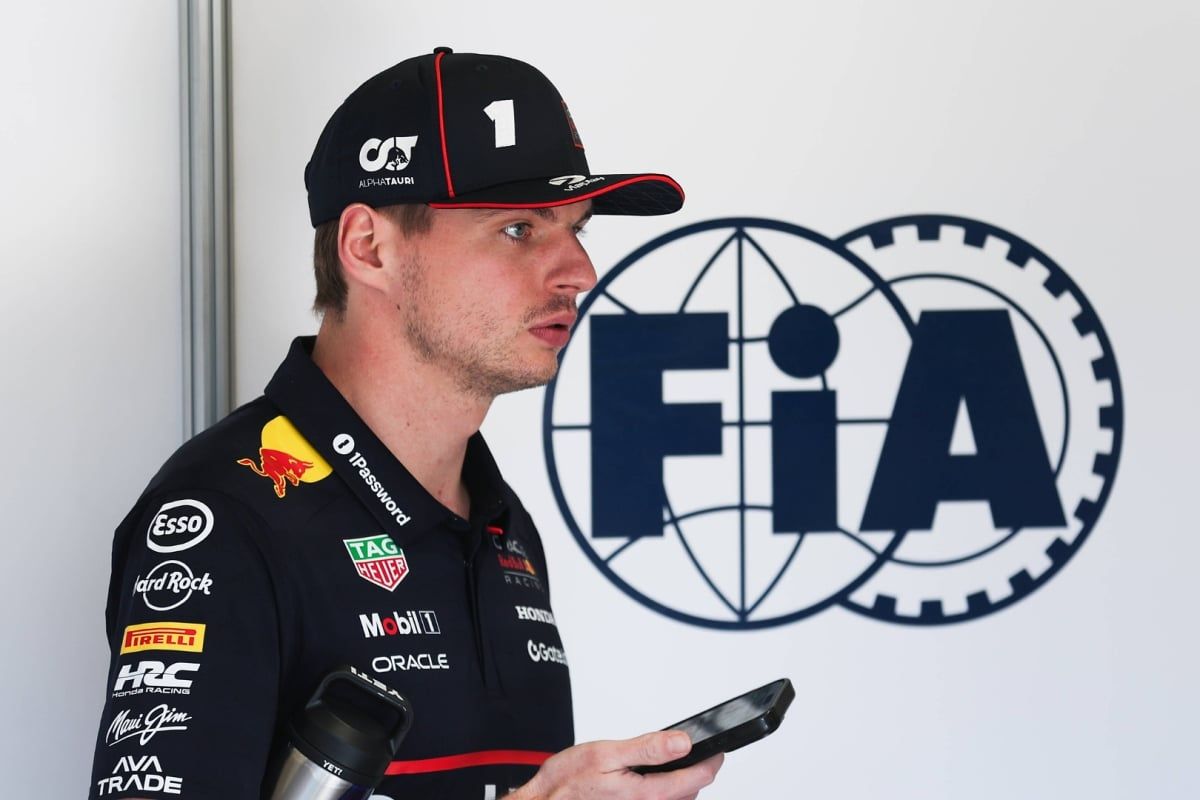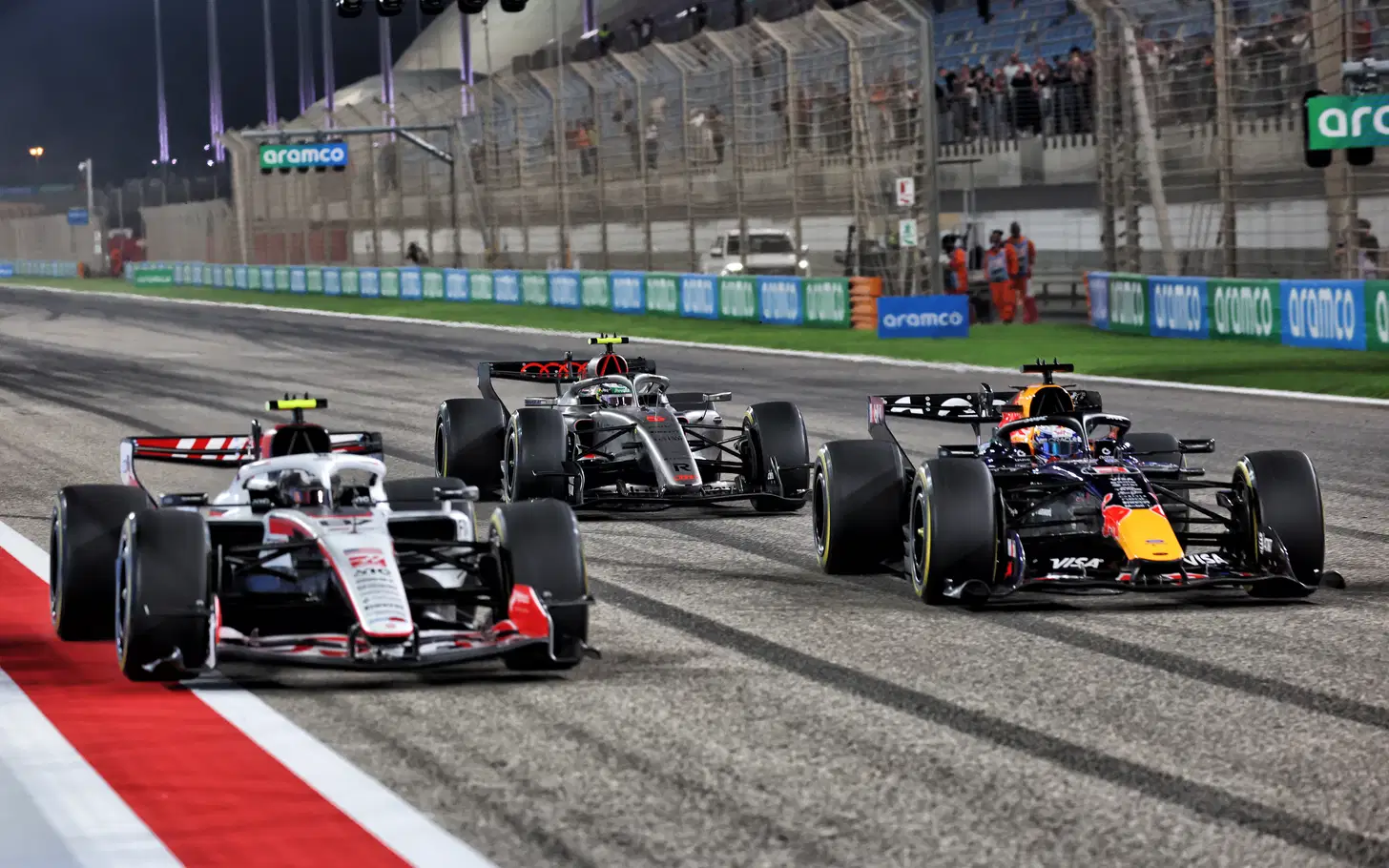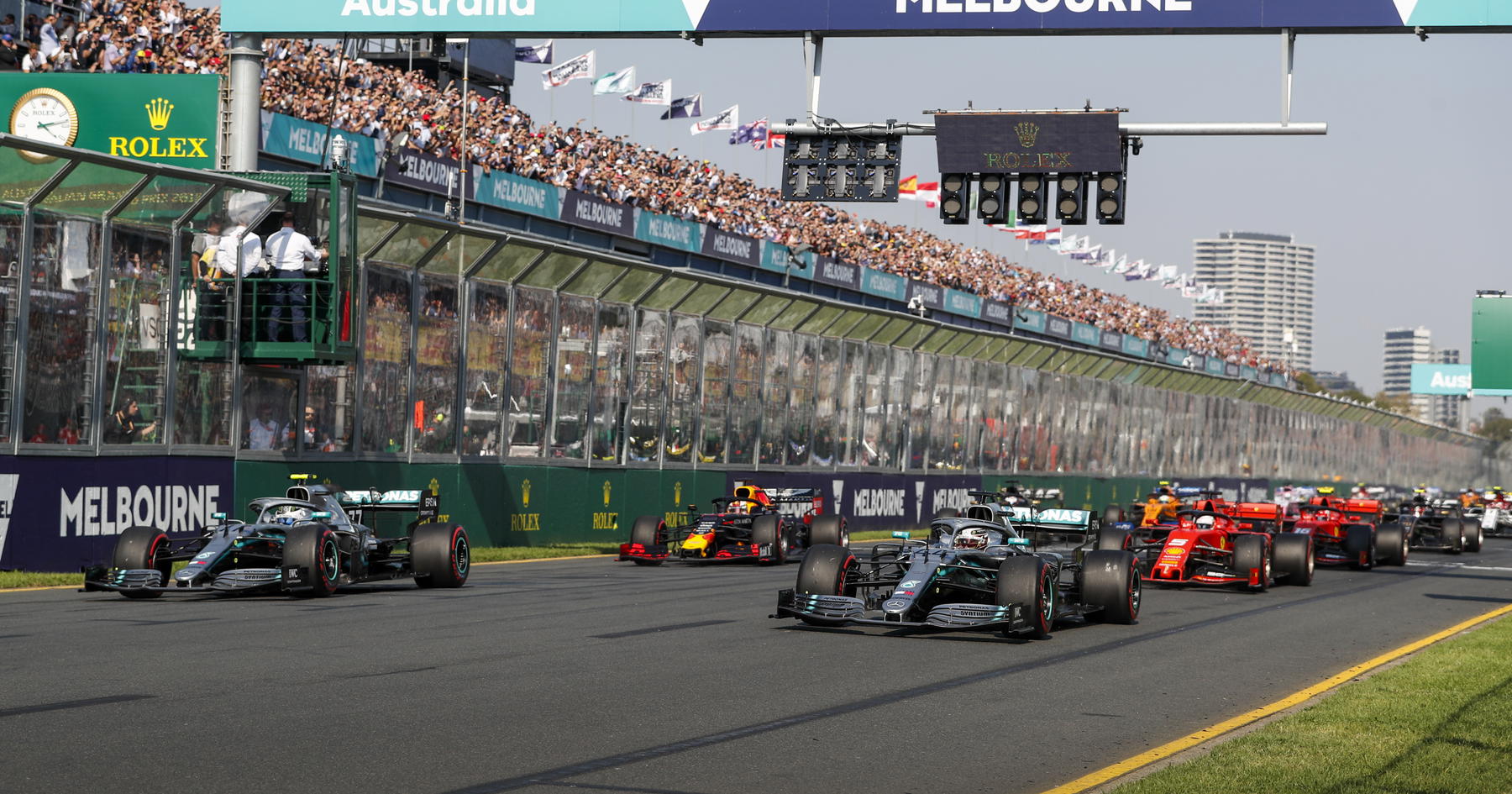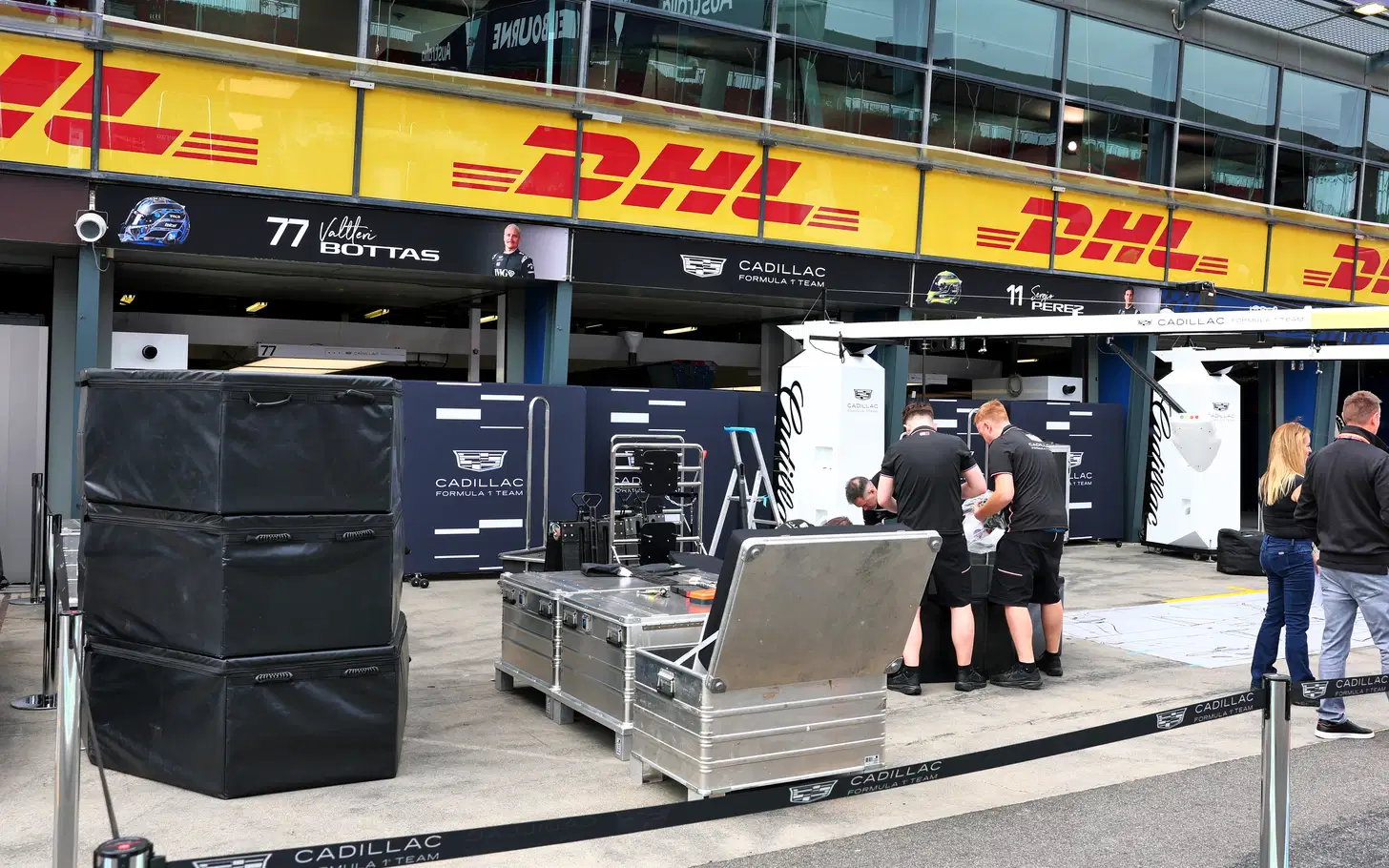Max Verstappen Tells Rival to ‘Take It Up with the FIA’ After Controversial Brazilian GP Penalty
Reigning Formula 1 World Champion Max Verstappen has spoken out regarding the heated debate surrounding Oscar Piastri’s penalty from the Brazilian Grand Prix—a decision that has divided drivers, analysts, and fans since the moment it was announced.
The incident in question occurred during the safety-car restart at Interlagos, where Piastri attempted an overtake on Mercedes rookie Kimi Antonelli. As Piastri made his move, slight contact was made between the two cars, sending Antonelli’s Mercedes sideways and into the path of Charles Leclerc. The Ferrari driver suffered significant damage and was ultimately forced to retire from the race.
In the immediate aftermath, the stewards reviewed the clash and declared that Piastri was fully responsible for the chain reaction. Their ruling carried a 10-second time penalty and two penalty points on Piastri’s super licence—punishments that many in the paddock felt were unnecessarily harsh for a racing incident under such tricky conditions.
While the decision stood, the backlash was swift. Several drivers questioned the consistency and logic of the FIA’s rulings this season, with Carlos Sainz emerging as one of the most vocal critics. Speaking ahead of the Las Vegas Grand Prix, Sainz expressed disbelief that Piastri was penalised at all.
According to the Ferrari driver, anyone with actual racing experience would recognise that Piastri had little to no opportunity to avoid the collision in the chaotic restart. He went further, pointing out that this was not an isolated case—highlighting his own penalty at Zandvoort and Ollie Bearman’s punishment in Monza as further examples of questionable stewarding.
Sainz argued that the repeated inconsistencies have created confusion for drivers and fans alike, calling for urgent discussions within the sport to ensure clearer standards and fairer judgment. “This is the pinnacle of motorsport,” he stressed, “and decisions like this shouldn’t be happening.”
The controversy has also impacted the championship battle. As the grid heads into Las Vegas—the first race of the season-ending triple-header—Piastri sits 24 points behind McLaren team-mate Lando Norris. With only three rounds left, every point is crucial, and the penalty has undoubtedly weakened Piastri’s title hopes.
Current standings place Norris first with 390 points, Piastri second with 366, and Verstappen third with 341—still within striking distance but requiring a strong final push.
When asked for his thoughts in Las Vegas, Verstappen offered a mixture of sympathy and blunt realism. Speaking to Dutch outlets, the Red Bull ace admitted he was puzzled by the decision, but emphasised that once a penalty is applied, not much can be done to reverse it.
Verstappen noted that if he were the one penalised in similar circumstances, Red Bull would likely create much more noise around the issue. However, he also insisted that complaining to the media achieves nothing, urging drivers who feel wronged to engage directly with the FIA and the stewards.
In Verstappen’s view, if Piastri—or any driver—believes the penalty was unjust, the right path is to raise the matter formally and push for better clarity going forward. “You can get upset about it,” he said, “but the penalty isn’t going anywhere. If you’re not happy, go talk to them about how these decisions should be handled in the future.”
Verstappen’s comments reflect a broader sentiment shared by multiple drivers this season: that Formula 1’s disciplinary system has become increasingly unpredictable. While stewarding has always involved some level of subjective interpretation, the number of controversial decisions—and the lack of consistency applied to similar on-track incidents—has raised concerns about fairness and transparency.
Some drivers argue that racing in close quarters naturally involves risk, especially during restarts, wet conditions, or aggressive battles between multiple cars. Penalising incidents that stem from the inherent nature of racing, they suggest, risks turning Formula 1 into a more sterile, less competitive environment.
Others believe the FIA needs clearer, more universal standards that account for context—such as track conditions or driver visibility—rather than rigidly applying penalties based on isolated snapshots.
For now, the debate continues, and Piastri must refocus on the championship fight ahead. Meanwhile, Verstappen’s straightforward advice—“take it up with the FIA”—serves as a reminder that drivers will need more than public criticism if they hope to see real changes in how the sport handles racing incidents.




